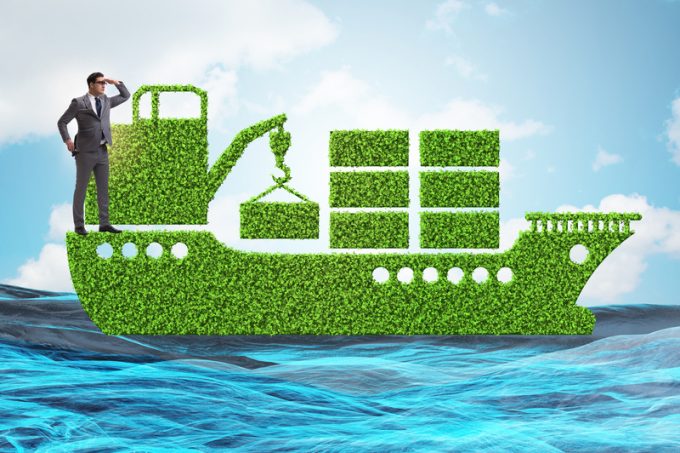Shipping lines are sub-letting tonnage to profit from firm charter market
Charter rates continue to defy the freight market, with HMM sub-letting a chartered vessel to ...

DB Schenker has signed an agreement with MSC to carbon-offset all its LCL, FCL and reefer cargo with biofuel.
The decision is a first among freight forwarders, and will allow for around 30,000 teu to be carried without incurring additional carbon emissions.
The purchase, ...

Comment on this article